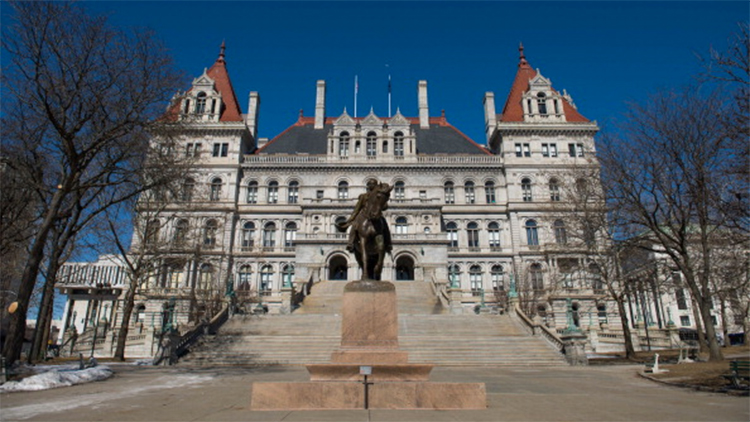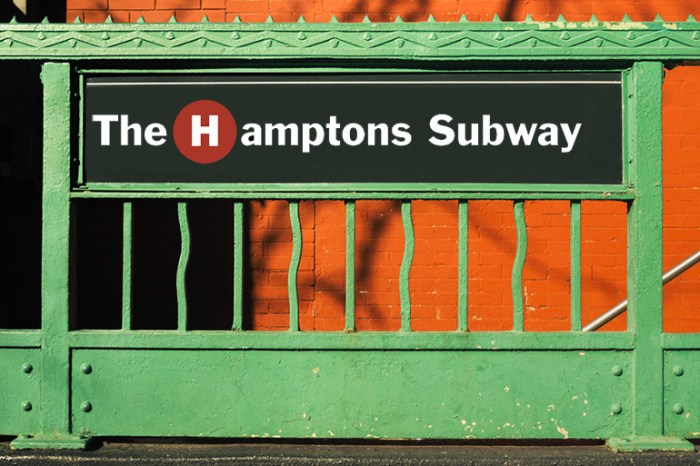By Rosalind Adams, Jessica Huseman and Daniela Porat for ProPublica
New York legislators say they are discussing how to tighten regulation of nurses after a recent ProPublica investigation found dangerous gaps in the state’s oversight of the profession.
Deborah Glick, who chairs the Committee on Higher Education in the state assembly, said she has asked the education department to determine what powers it needs to better oversee the profession. Nurses are regulated by the Office of the Professions, which is part of the state’s education department.
“We’ve been having conversations about background checks and fingerprinting,” she said, adding that the changes, along with other potential solutions, would require a legislative fix, though she did not specify what might be proposed.
Glick said it was necessary to first consider how such a measure would be implemented, including whether the state would pay for each nurse to be checked or if nurses would pay for this as part of their licensing fees. Also under review is whether members of other professions should be checked as well; more than 50 types of professionals are licensed through the education department, including optometrists and dentists.
New York is one of a minority of states in the country that does not perform background checks on its nurses. Instead, it relies on nurses to self-report any criminal history on their license applications, and then update this information to the department once every three years.
“Most nurses are extremely hard-working, caring people who provide excellent compassionate assistance to their patients,” said Sen. Kenneth LaValle, chairman of the higher education committee, in an emailed statement. “Unfortunately, there are some nurses that do not perform their duties properly.”
Adding that quality of care depends on patients’ trust in medical professionals, LaValle said the issues identified by ProPublica “need to be addressed in a quick, decisive manner.”
Richard Gottfried, who chairs the state assembly committee on health and is also a member of the higher education committee, said he planned to speak with Glick about strengthening the department’s authority to suspend nurses on an emergency basis.
Discipline “could be much more effective at protecting the public if the state education department had the power to take summary action against bad actors,” Gottfried said in a statement provided to ProPublica.
While other states have the power to suspend nurses pending a full investigation and hearing, New York’s process is lengthier and still requires final approval by the Board of Regents. ProPublica found that the state had only imposed emergency suspensions twice in the last decade, while Michigan did so 134 times in the 2013–14 fiscal year alone.
Glick said she had not yet discussed this with Gottfried, but that it was something education officials had raised as well.
Hours after ProPublica published its investigation on April 7, Gov. Andrew Cuomo said on WNYC’s “The Brian Lehrer Show,” that he would consider shifting the oversight of nurses to the health department if he decided that there were sufficient reasons to do so. This would require Cuomo to propose and sign legislation that the legislature passed.
“I don’t support that,” said Glick of the governor’s statement. “The licensing has always been done through education department.”
Sen. Kemp Hannon, chairman of the Senate Health Committee, called for increased funding from Cuomo’s office to address the problems outlined in ProPublica’s investigation. No matter which state agency monitors nursing, Hannon said, “it’s obvious that it needs greater funding.”
Through a spokesman, Cuomo declined to comment further saying his statement on the Brian Lehrer show “speaks for itself.”
ProPublica is a Pulitzer Prize-winning investigative newsroom. Sign up for their newsletter.































